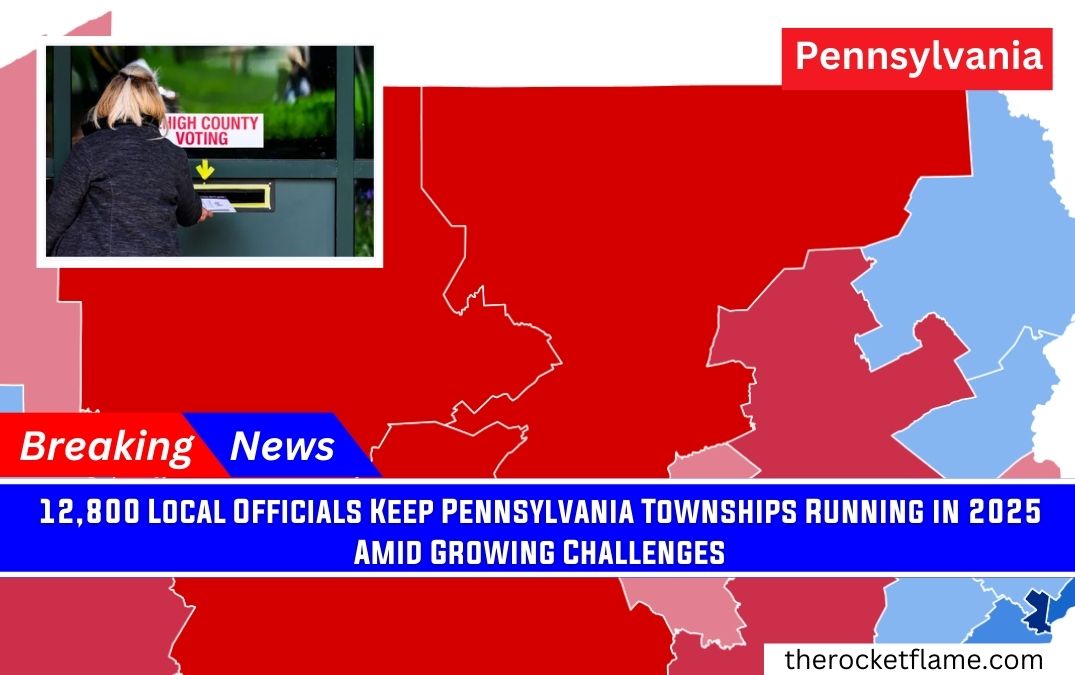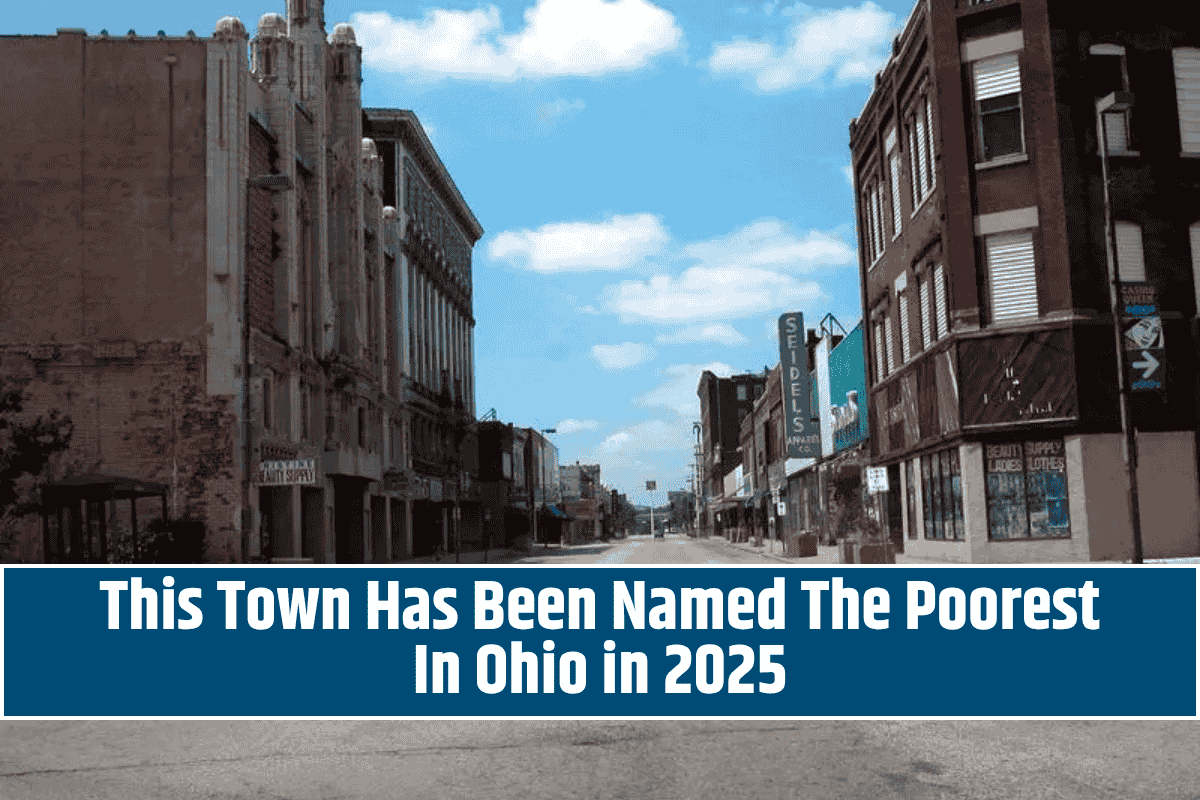Across Pennsylvania, more than 12,800 elected officials quietly power the engine of local government. Many serve in low-profile roles like auditors and tax collectors — often uncontested — but their impact shapes the daily lives of residents across the state.
What Happened
During the May 2025 primary election, many Pennsylvanians noticed empty slots on their ballots for positions like township auditor or tax collector. These roles, though lacking prestige or pay, are crucial to keeping over 2,500 municipalities functioning.
In places like Apolacon Township, community members like Roger Morrisons are stepping up to fill these gaps. Morrisons has a long history of public service and is seeking another term as tax collector.
Key Details
- 12,800 officials currently serve in local government roles across Pennsylvania.
- Most townships require only 3–5 supervisors, a number typically met.
- Borough councils often need 7–9 members, which some struggle to recruit.
- A 2022 study by the Center for Rural Pennsylvania found the average official serves 11 years, and 50% of candidates run unopposed.
- Officials often work 15 hours a year, with only a modest stipend.
In Morrisons’ case, his return to public service came via a last-minute call the day before the election. His response: “I guess I’d better think very hard.” He now balances the role with his retirement life at Lake Ontario.
Reactions or Statements
David Sanko, Executive Director of the Pennsylvania State Association of Township Supervisors, emphasized that local office offers a chance to participate in democracy the way the founding fathers intended — everyday citizens running government.
“It’s really an opportunity to do what the founding fathers intended… to have citizens in charge of their government,” said Sanko.
Morrisons echoed that sentiment, pointing to community pride and the ability to make real improvements. He also recalled leading a four-year battle to block the development of a major landfill in Apolacon, turning what was meant to be a part-time job into a full-time commitment.
Investigation or What’s Next
- Advocates are pushing for state law changes to lower council member quotas for boroughs.
- Local associations and the state offer training courses for roles like tax collector and auditor.
- Appointments are common when no candidate runs, especially in rural areas.
Despite the small scale, these roles require time and community engagement — from monthly meetings to informal chats at grocery stores.
FAQs
Q: What roles are often left unfilled in local elections?
A: Positions like township auditor, tax collector, and election judge are frequently left vacant or uncontested.
Q: How much time do these positions require?
A: On average, around 15 hours per year — though special projects can demand more time.
Q: What happens if no one runs for a position?
A: Township supervisors appoint a community member to fill the role.
Q: Why do people volunteer for these positions?
A: A sense of civic duty, curiosity, or previous experience often motivates individuals to serve.
Q: Are there resources for new officials?
A: Yes. Training is available through the state and municipal associations.
Summary / Final Takeaway
Pennsylvania’s local governments rely heavily on the quiet dedication of more than 12,800 elected officials. Despite low pay and recognition, these roles offer residents a direct hand in shaping their communities.
With many offices going uncontested or unfilled, advocates are now calling for changes to make public service more accessible and sustainable.












